Still soaring through turbulent times
Case study: Chris Emechete, 3TOP Aviation Services
Chris Emechete overcame huge odds to turn his aviation business idea into a reality – so he wasn’t going to let a pandemic ground him.
When Chris Emechete set out to disrupt the aircraft maintenance sector, he was squaring up against some of the giants of the airline industry.
“The supplies and maintenance market at the time was very much in the hands of major companies like Honeywell and Boeing,” Chris recalls.
Early reaction to his approaches was discouraging. “It was incredibly hard. Even if you were offering to save them money, it was difficult to get buyers to see a different way of doing things, particularly at the big airlines,” he adds.
Chris persevered, convinced that the opportunity he’d spotted during a four-year stint in airline procurement was a viable one. His company, 3TOP Aviation Services, set out to act as a conduit to channel work to independent third-party repair outfits, mostly in the US.
Smaller airlines proved more responsive to Chris’s approach. Then, a year after launch, Chris made a breakthrough: “The biggest game-changer was getting BA to come on board. That was massive for my Stateside client at the time and for me personally.”
Global presence
Twenty-five years on, 3TOP’s model has evolved beyond recognition. Today the firm’s primary focus is on trading aircraft defined as being mid- to end-life, between 10 and 25 years old. It manages the refurbishment of either the complete plane or its engines, or the recycling of its parts.
Besides its Surrey base, the company now has offices in the UAE, India, the US and Singapore. Its customer and supplier base includes some of the top commercial airlines, cargo carriers, repair facilities and asset management partners. Chris is supported by his wife, Sylvia, as well as 30 employees and a network of agents across the world.
Capital balance
As a trader of high-value items, Chris pays close attention to cashflow. This has been a high priority since the start: “When you’re a new start-up, it’s much harder to allocate credit terms to your customers. You’re more likely to request prepayment and cash on delivery – but of course that puts you at a disadvantage and you end up not getting deals,” he says.
“With the quality of customers we have today, we can run those 30-day and 45-day payment terms with a lot more confidence.”
HSBC ensures 3TOP can always balance its working capital by providing a £3m trade finance facility, which funds the gap between supplier payments and receipt of funds from end buyers.
Existential threats
In fact, HSBC has been Chris’s banking partner since he set up the company. He describes the bank as “immensely invaluable”, not just in believing in the venture in the early stages, but in its ongoing support through potentially existential crises that have hit the wider industry.
The September 11 attacks came while the business was still young; the global financial crisis of 2008 was more challenging, says Chris, as 3TOP was bigger and more exposed by then. By far the most devastating, however, was the COVID-19 pandemic, which halted the firm’s growth in its tracks.
Since those dark days, the company has regained momentum. 2024’s turnover is expected to hit £42m, outstripping pre-pandemic performance. Chris’s target is to hit £120m within five years, and £150m within seven. “It’s a $100bn industry, so we’re only scratching the surface for now,” he reasons.
Secrets of success
Chris points to three key traits underpinning his success that other entrepreneurs might follow.
Expect the unexpected: “Events will come at you from different directions, particularly as you scale. The higher you go in terms of revenue and spread of your business, the more exposed you are going to be to things you haven’t expected – so make sure you and your business are as resilient as possible.”
Know your numbers: “A lot of people starting a business expect so much from the banks, but don’t do the homework required. The banks cannot turn down an opportunity to make money, so if you are able to put together a strong profile, they will support you – but don’t go in half-baked.”
Keep a positive outlook: “Even in our worst ever situation during COVID, I was still waking up every morning with an incredible amount of energy and positivity, convinced we could turn things around,” says Chris.
This extends to his perspective on the obstacles that some black entrepreneurs face. “I’m not naïve and I know from conversations with friends and family about the hurdles that some people come up against – but I’ve never seen it personally,” he says.
“Part of it is about your mental approach. I have no interest in acknowledging anything that might be negative; it’s not going to stand in the way of my goals and my destiny.”





